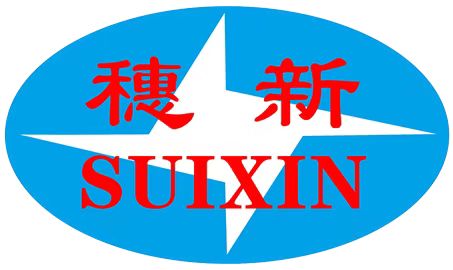Export Customs Clearance for Agricultural & Sideline Products (from Guangzhou, China)
Exporting agricultural and sideline products (such as fruits) involves strict compliance with temperature control, documentation requirements, and logistics standards to ensure product quality and smooth customs clearance. Guangzhou Suixin Logistics Co., Ltd. provides professional guidance on export procedures for such products, helping clients mitigate risks and optimize the supply chain.
-
1.1 Temperature and Ventilation Settings
Note: Temperature and ventilation requirements vary by fruit type. Importers must consult and confirm details with suppliers before shipment to maintain product freshness. -
1.2 Export Commodity Inspection
Note: Formal commodity inspection is strongly recommended (avoiding "package clearance" services). This prevents customs inspection-related cargo detention, as fruits have strict timeliness requirements—delays may lead to quality deterioration. -
1.3 Quality Inspection Certificate
Note: A formal quality inspection certificate is mandatory. It must be submitted to the customs of the destination port for clearance. -
1.4 Certificate of Origin
Note: A formal certificate of origin is required and must be presented to the customs of the destination port during clearance to verify the product’s origin. -
1.5 Health Certificate
Note: A health certificate may need to be submitted to the destination port customs, depending on local requirements. This document is generally not required for shipments to Southeast Asian ports. -
1.6 Sea Freight Arrangement
Note: Select shipping lines with strong service capabilities and experience in handling refrigerated containers. Avoid carriers that lack strict control over temperature, ventilation, and shipping schedules—poor oversight may compromise fruit quality.
-
2.1 Refrigerated Container "Fit-for-Purpose Certificate"
A "fit-for-purpose certificate" (certifying the container’s suitability for refrigerated cargo) must be obtained before picking up the container. This avoids delays in container pickup and potential missed shipping deadlines. -
2.2 Heavy Cargo Container Selection
For heavy fruit shipments, select containers designed to carry heavy loads to ensure structural safety during transportation. -
2.3 Experienced Handlers
Arrange for experienced porters to load and unload the cargo. Proper handling minimizes physical damage to fruits, which could otherwise affect product quality and marketability. -
2.4 Refrigerated Container Return Timeline
Refrigerated containers typically need to be returned to the port 3 days before the customs clearance cutoff. Coordinate shipment and container loading timelines carefully to avoid unnecessary additional costs (e.g., demurrage or detention fees).
Guangzhou Suixin Logistics Co., Ltd. offers tailored solutions for agricultural and sideline products exports, including:
-
Pre-shipment consultation on temperature and packaging standards for different fruit types
-
Assistance with formal commodity inspection, certificate application (origin, health, quality), and document verification
-
Coordination with reliable shipping lines specializing in refrigerated cargo to ensure temperature stability
-
Logistics timeline planning to avoid container return delays and extra fees
-
On-site supervision of loading/unloading to prevent cargo damage
With our expertise in agricultural product export regulations and logistics, we help clients ensure timely, high-quality delivery of goods to global markets while complying with all customs and quality requirements.



 One-to-One Service
One-to-One Service Fast Turnaround Cycle
Fast Turnaround Cycle Two Decades of Import & Export Experience
Two Decades of Import & Export Experience Numerous Successful Cases
Numerous Successful Cases
 Online Consultation
Online Consultation